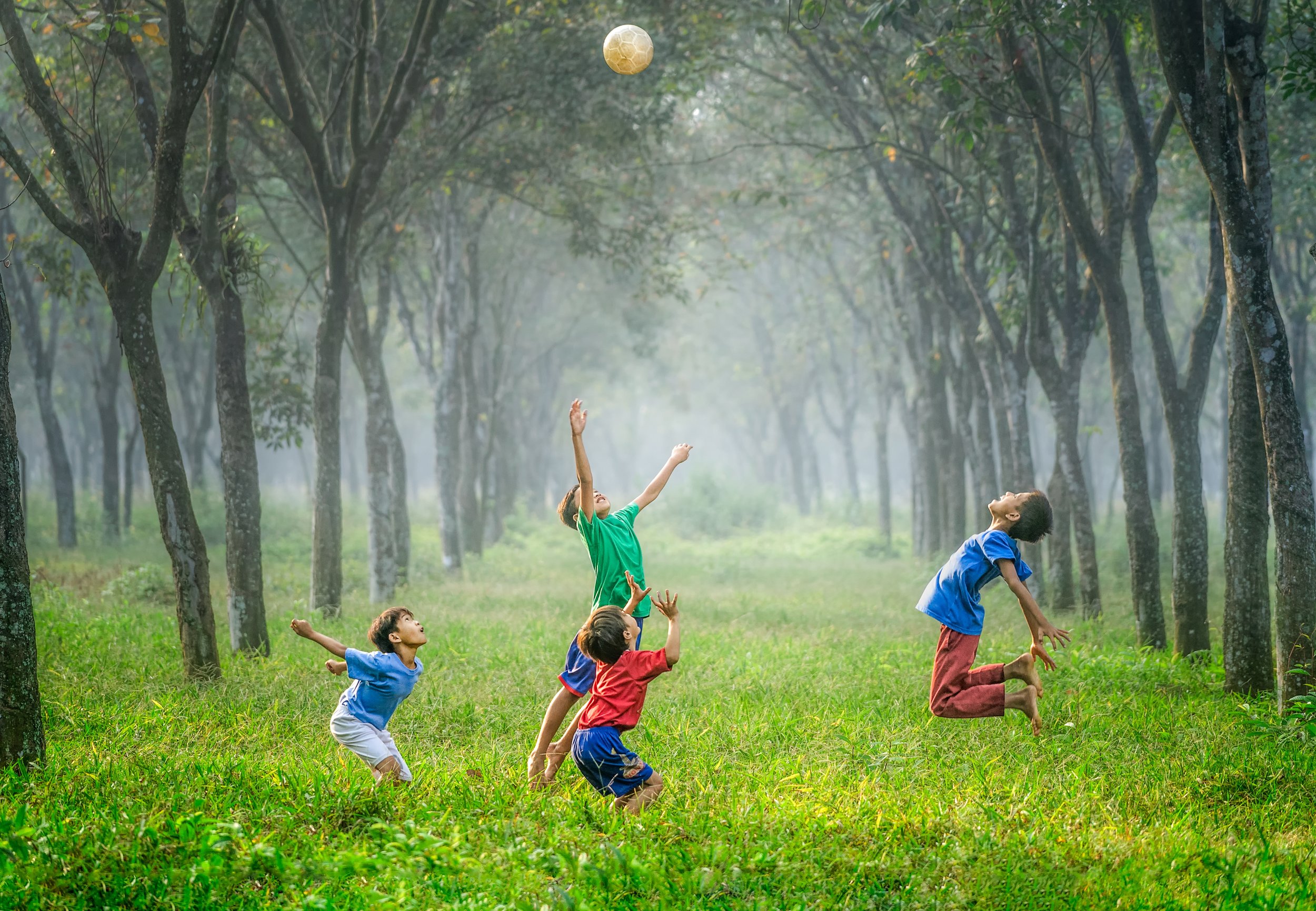As teachers, and caregivers we strive to shape the children in our care to be independent, confident, and kind.
But how do we teach children these traits? One way of developing these skills, is to let children play with just other children.
The majority of children learn best by experience. Free play is an important time to let children learn independence.
Dipping your toes into leadership roles, where you call the shots and make up the game can aid children in developing leadership skills. We feel good about ourselves when we can explore what works and what doesn’t, independent from anyone else’s input.
Learning from our own experiences of what doesn’t work is a much more valuable lesson then being told what doesn’t work.
Having the ability to create their own games, and ideas with other children is a place where confidence can be instilled.
Another valuable lesson taught through playing with just other kids is confidence. When children work through challenges by themselves, they get to feel good about themselves. At the park, if your mom shadows you climbing up the stairs, you may think you can not do it without her.
When your mom sits back, and supports you from a distance, you can feel confident managing the stairs by yourself.
If you stumble, you know how to dust yourself off, and keep going. If you really do need a hug from your parent, they aren’t too far to be by your side quickly. In this scenario, children learn more confidence by falling, then by being kept from falling.
Part of kindness is taught by social and adult free interactions among children.
Children like to test out different character traits, and playing with other children gives them the social feedback they need to see if the traits make them happy.
When a child is unkind or kind, they see a very different result from their peers. The kind child has many friends, and plays happily. The unkind child’s company is not enjoyed by other children, so the unkind child is lonely.

